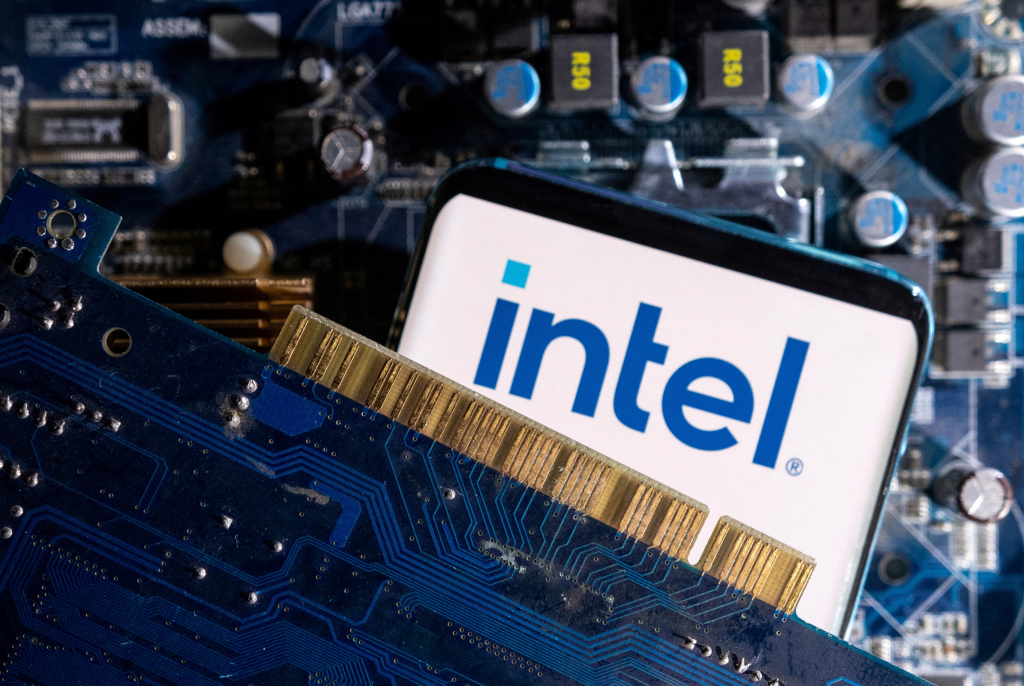Intel said on Wednesday its deal for $7.86 billion in U.S. government subsidies restricts the company’s ability to sell stakes in its chipmaking unit if it becomes an independent entity.
The U.S. Commerce Department announced the subsidy to Intel on Tuesday, part of $39 billion for the sector including Taiwan Semiconductor Manufacturing Co and others in an effort to revitalize chip manufacturing in the United States.
Intel Chief Executive Pat Gelsinger in September said that the company planned to spin its chip manufacturing operations into a subsidiary and was open to taking on outside investors in the unit, called Intel Foundry.
In a securities filing, Intel said on Wednesday the subsidies require it to own at least 50.1% of Intel Foundry if the unit is separated into a new privately held legal entity. If Intel Foundry becomes a public company and Intel itself is not the largest shareholder, the company could sell only 35% of Intel Foundry to any single shareholder before running into change-in-control provisions.
Intel did not immediately respond to a request for comment on the disclosures. A Commerce Department spokesman said the government is negotiating change-in-control provisions with all direct grant recipients.
Intel would need to comply with the restrictions to continue the company’s $90 billion worth of projects in Arizona, New Mexico, Ohio, and Oregon and keep manufacturing cutting-edge chips in the U.S., according to the filing. Any changes in control could require Intel to seek permission from the U.S. Department of Commerce, the filing said.



